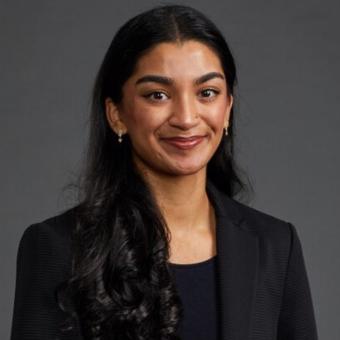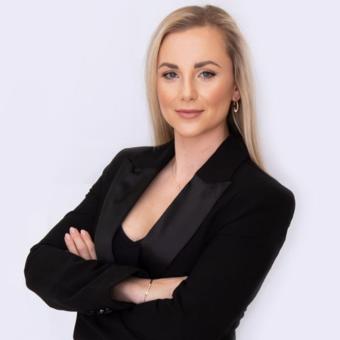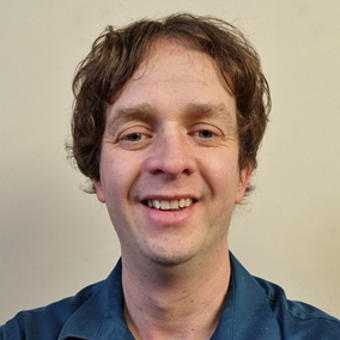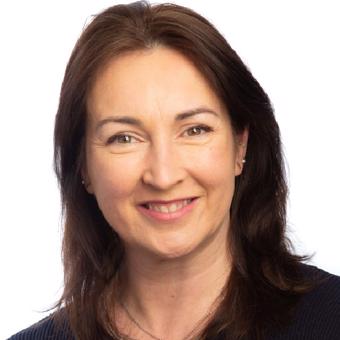BCL’s In-House Managing Director Mark Levine speaks to Alisha Seahra about her experience of the SQE and her Qualifying Work Experience within the legal function of Tangle Teezer, the iconic hairbrush brand.
The Solicitors Qualifying Examination (SQE) is the new centralised way to qualify as a solicitor in England and Wales. It will eventually replace the Legal Practice Course (LPC) route to practice.
As well as the exams there is a need to complete Qualifying Work Experience, which can be completed by working alongside a SRA-regulated solicitor or Compliance Officer for Legal Practice.
Getting this experience via a law firm will always be the first thing that springs to mind. However, you can also do this whilst working in-house or in the public sector.
Mark Levine: Alisha, when did you decide you wanted to be a lawyer?
Alisha Seahra: When I was 12 we had a career fair at school. I saw how much legal professionals earned and so I decided I wanted to be a barrister. Coming from a low socioeconomic background, it was important that my career offered a stable income. It wasn't until my LLB that I moved towards the solicitor route instead.
ML: Was qualifying in-house, via SQE your first choice?
AS: No, I expected to qualify via the traditional route, as SQE didn't exist when I graduated with my LLB. However, I didn't manage to get any Vac Schemes, nor could I face the TC application process as it was so daunting, so I decided to work in the legal profession instead.
ML: How did you learn about the SQE route?
AS: I was working in-house and I became aware about it online from the SRA, as I was considering alternative routes to qualification and didn't want to train the traditional way.
ML: Tell me about the process of training and qualifying via the SQE.
AS: I completed the SQE across two organisations. I started the SQE in a previous role, which I obtained because the SRA wouldn't recognise my completed QWE in my first in-house role since my supervisor wasn't E&W qualified and the SQE hadn't been formalised yet. When I was interviewing for my previous role, I told the hiring manager that my goal was to qualify, and I needed to restart my QWE in order to do so. I then qualified across two roles and organisations.
ML: Can you tell us about your training experience?
AS: I didn't have a formal Training Contract in either organisation or even a cohort of trainees to learn with. My roles required getting stuck in and hands on, supporting the sole GC in each of these businesses with all legal matters that came across my desk as I worked in very lean teams of two.
The lack of structure is something the profession or SRA needs to work on, but it does provide great experience. Working closely with the GCs in these roles meant I had a lot of contact with, and support from, very senior lawyers early on in my career.
ML: How does it differ from training in private practice?
AS: The lack of structure, but the responsibility that comes with the roles I held differs significantly. I've spoken to many trainees over the years (even those in-house) who haven't had the level of exposure across multiple practice areas that I've been lucky to obtain, especially across wide-ranging industries.
However, the downfall is the workload at times. I've also been able to work with C Suite & investors in all of my roles and be very close to business decisions and strategy, which isn't something you get in PP, or even at a trainee level.
ML: The exams are notoriously hard. How did you get through it?
AS: The exams proved to me that I have a level of determination and resilience that I didn't even know that I was capable of. I made significant sacrifices in my personal and professional life to qualify, and so my mentality was to qualify at all costs. Not the healthiest view, but it got me there.
I also worked full time during my exams which I wouldn't recommend, especially if you're in such a lean team. It required ruthless prioritisation, asserting boundaries and feeling confident to say no, in & outside of work.
ML: What tips do you have for aspiring lawyers that might want to follow in your footsteps?
AS: Strongly advocate for yourself and push for what you want to achieve in your career because nobody else is going to do this for you. Also believe in yourself; I continue to struggle with this a lot but I wouldn't have got here if I didn't have faith and confidence in my abilities.
ML: Is there anything else you think the legal profession needs to consider to “open the doors” even more?
AS: Absolutely. I don't think the SQE is quite fit for purpose.
It needs refining – its fees and marking need to be massively reconsidered. I'm sure you've all seen the SQE scandals over the past few years.
Also, the profession needs to move away from the PQE model on qualification, especially when it comes to job ads & salary guides. Basing in-house roles & salary on PQE when a lot of people have qualified in-house or with little PP experience does them a disservice and significantly reduces the candidate pool if the structure remains so rigid.
Many qualified lawyers have a lot of valuable pre-qualification experience to offer but aren't considered.
The profession also needs to stop asking for masses of experience for an entry level role. Getting your foot in the door for your first role is hard enough as it is!
ML: What are your aspirations for the next few years?
AS: There are four particular themes I am keen to focus on:
- Diving into AI: the world of AI is constantly evolving, and I want to stay at the forefront of these changes. I'm keen to understand the legal challenges and ethical considerations surrounding AI & how these impact businesses.
- Legal Ops: I want to become proficient in legal operations, driving efficiency and innovation within legal teams which I'm very passionate and skilled in.
- Leadership: taking on more senior roles or responsibilities means developing strong leadership capabilities. I'm focused on enhancing my ability to manage teams, lead projects, and provide strategic counsel to executives.
- Leveraging innovation and strategic thinking: I'm passionate about thinking creatively and strategically. I want to use these strengths to offer forward-thinking legal advice that helps drive success.
Thank you so much for your time and insights Alisha. What really struck me was your advice regarding “the need to have belief in yourself” and “the need to advocate for yourself and push for what you want to achieve in your career because nobody else is going to do this for you.”
You also mention that you couldn’t “face the TC application process”. I hear this a lot and am thankful that the SQE has gone a long way to changing how the legal profession is entered into.
Best of luck with what will be a wonderful legal career and thank you for sharing your experience with us.
Visit
Connect with Alisha Seahra via LinkedIn











